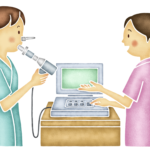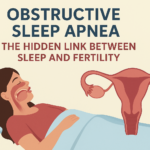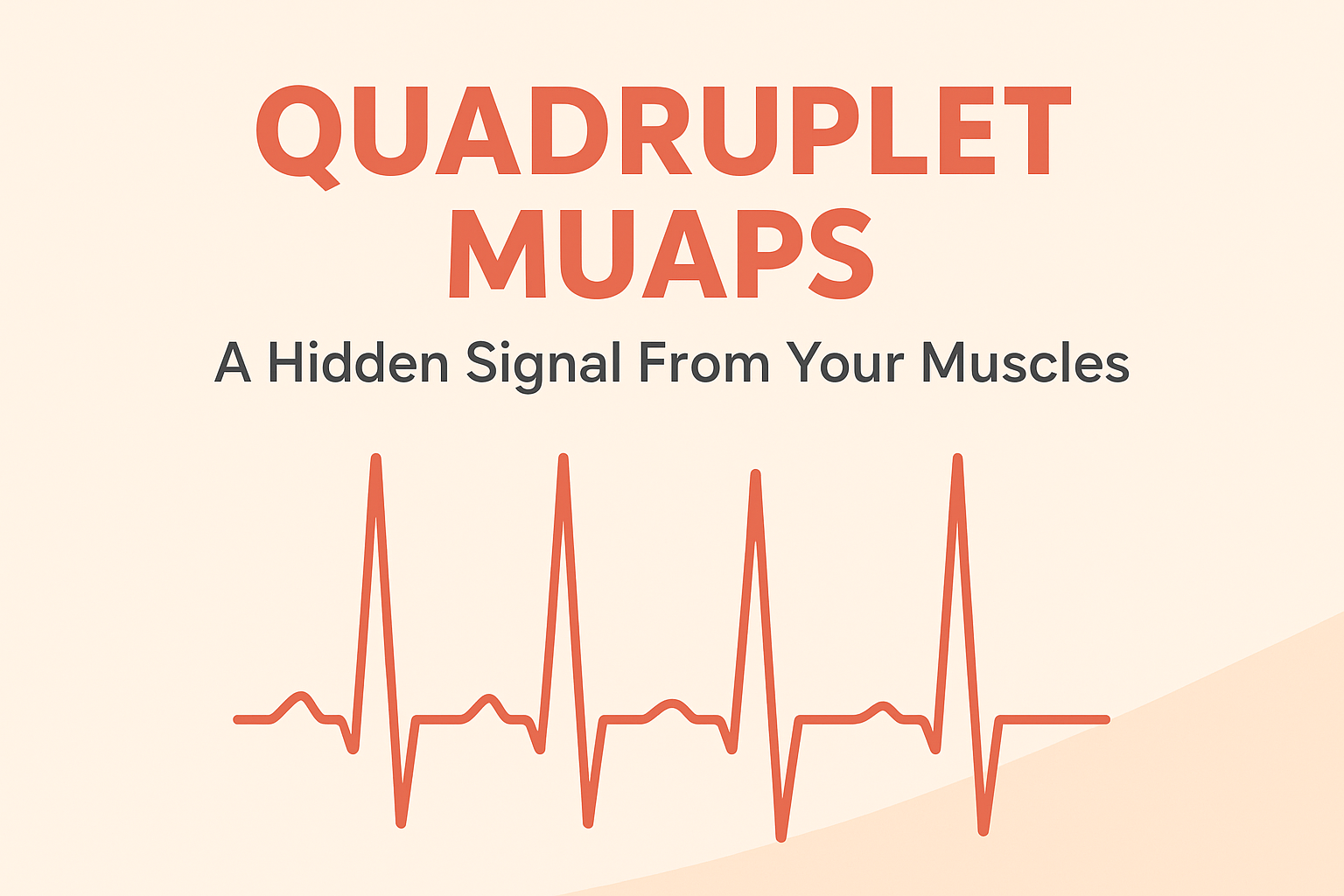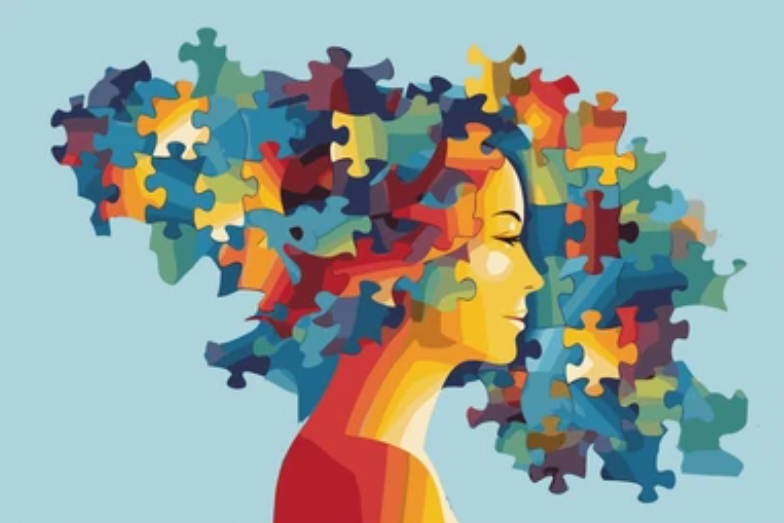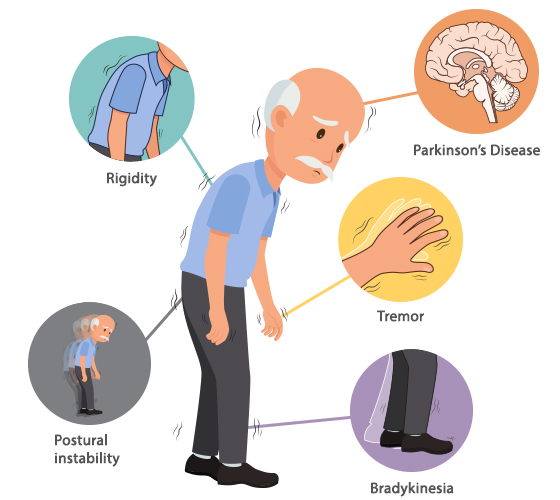By Dr.Manvir Bhatia & Saunri- 22nd January 2021
Parkinson’s disease
Parkinson’s disease is a neurodegenerative disease that has affected nearly 7 million elderly people in India. The common Parkinson’s disease symptoms include tremors, loss of function of muscles, slow movement, and impaired balance.
Why does Parkinson’s Disease occur?
Parkinson’s disease occurs due to the loss of dopaminergic neurons in the substantia nigra that send signals to basal ganglia in the brain. The basal ganglia control voluntary movement, and loss of function in this region leads to the characteristic movement issues seen as a symptom in Parkinson’s Disease. A protein called as Alpha-Synuclein present in dopaminergic neurons breaks down and aggregates to form Lewy Bodies that cause damage to neurons.
Common symptoms of Parkinson’s Disease
Motor Symptoms of Parkinson’s Disease:
- Tremors
- Rigidity
- Slow movement
- Difficulty in walking known as parkinsonian gait that involves dragging of feet, shuffling of feet, abruptness in turns, festination
- Freezing
- Muscle cramps
Non-motor Symptoms of Parkinson’s Disease
- Loss of sense of smell
- Speech impairment
- Memory impairment in the later stages
- Respiratory dysfunction
- Loss of bladder control, decreased heart rate, and blood pressure
- Anxiety and sleep disturbances
- Depression
How to diagnose Parkinson’s Disease?
The diagnosis of Parkinson’s is difficult in the very early stages. A neurologist will be able to diagnose the disease based on personal patient history. Normal blood tests may be done to rule out any other conditions that may be causing the symptoms of Parkinson’s Disease. In some cases, the doctor may conduct a Dopamine Transporter Scan (DAT Scan).
Parkinson’s Disease Treatment
Though there is no cure for the disease, it can definitely be controlled with the right treatment. Levodopa, dopamine agonists are some of the medications used for Parkinson’s Disease Treatment. Deep Brain Stimulation (DBS) procedure may be prescribed for patients in the advanced stages that do not respond to any medications for Parkinson’s Disease Treatment. Physical exercise, aerobics, yoga, physical therapy to improve balance and coordination may help to reduce the speed of progression of the disease. Changes in diet, intake of phytochemicals, vitamins, and minerals can help to delay or even alleviate the symptoms of Parkinson’s Disease.
In conclusion, Parkinson’s disease is a disease with a slow onset of progression and often difficult to diagnose. Early detection, treatment, and lifestyle changes can help reduce the rate of progression of the disease. If one notices any of the symptoms of Parkinson’s Disease he or she must consult a neurologist immediately.
To seek help or know more about Parkinson’s disease you can visit the Neurology and Sleep Centre, the 1st sleep centre in the country accredited by the Indian Board of Sleep Medicine at L-23, Hauz Khas Enclave, New Delhi, Delhi-110016 (INDIA)
Or give a call on +91-11-46070321, +91-9643500270,

